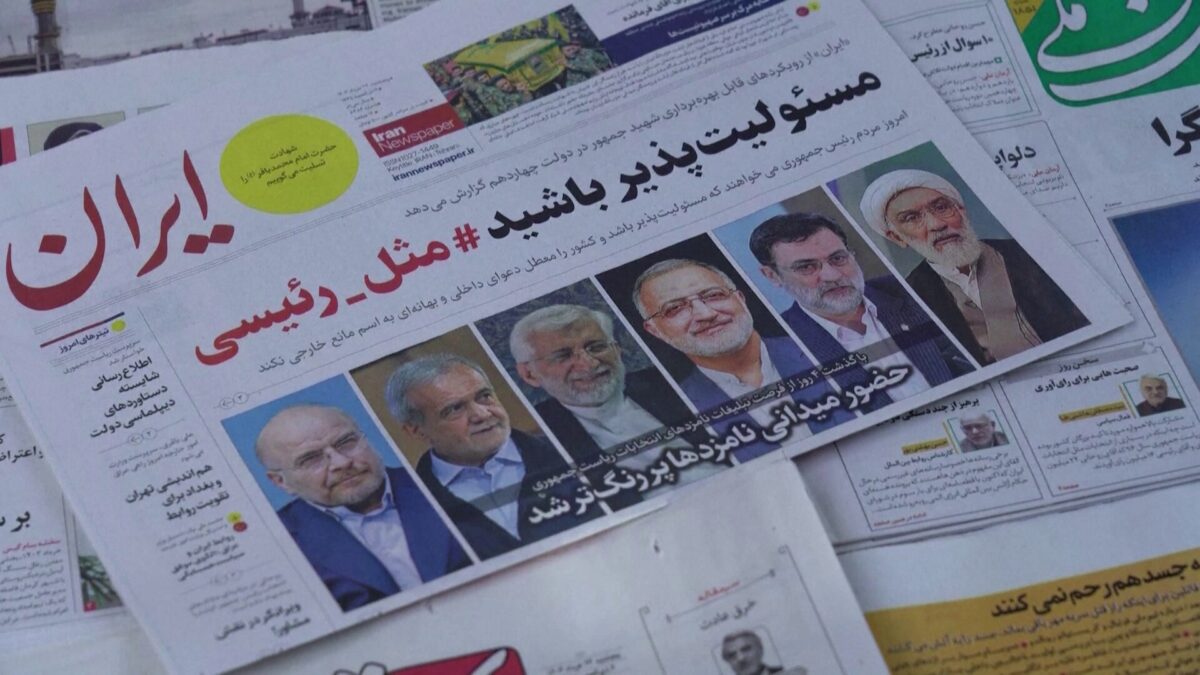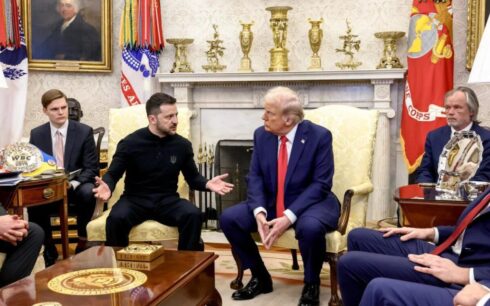TEHRAN — Iranians will choose a president on Friday, June 28, in a tightly controlled election following Ebrahim Raisi’s death in a helicopter crash last month. The outcome is expected to influence the succession to Ayatollah Ali Khamenei, Iran’s supreme leader.
The Guardian Council, a hardline vetting body of clerics and jurists aligned with Khamenei, has approved five hardliners and one low-profile moderate candidate from an initial pool of 80.
Saeed Jalili
Among the hardliners, Saeed Jalili, a former nuclear negotiator, stands out. Jalili, who made an unsuccessful bid for the presidency in 2013 and withdrew from the 2021 race to support Raisi, is a prominent figure.
Massoud Pezeshkian
The sole moderate candidate, Massoud Pezeshkian, has the endorsement of Iran’s politically sidelined reformist camp, which advocates for détente with the West. Pezeshkian, a 69-year-old former health minister, supports social freedoms and has spoken up for the rights of women and ethnic minorities.
Alireza Zakani
Tehran’s conservative mayor, Alireza Zakani, registered to run in the election on June 1. Zakani stated he had no problem negotiating with “the West” and was committed to “reciprocal respect.”
Mohammad Baqer Qalibaf
Mohammad Baqer Qalibaf, the parliament speaker and former head of the powerful Revolutionary Guards, remains popular among hardliners.
Mostafa Pourmohammadi
Mostafa Pourmohammadi, a hardliner and former interior minister, registered to run in the election on June 3.
Amir-Hossein Ghazizadeh Hashemi
Amir-Hossein Ghazizadeh Hashemi, a conservative politician, also registered to run in the election on June 3.
With Iran’s supreme leader now 85, it is likely that the next president will be closely involved in the eventual process of choosing a successor to Khamenei, who has ensured that candidates sharing his hardline views dominate the presidential contest.





